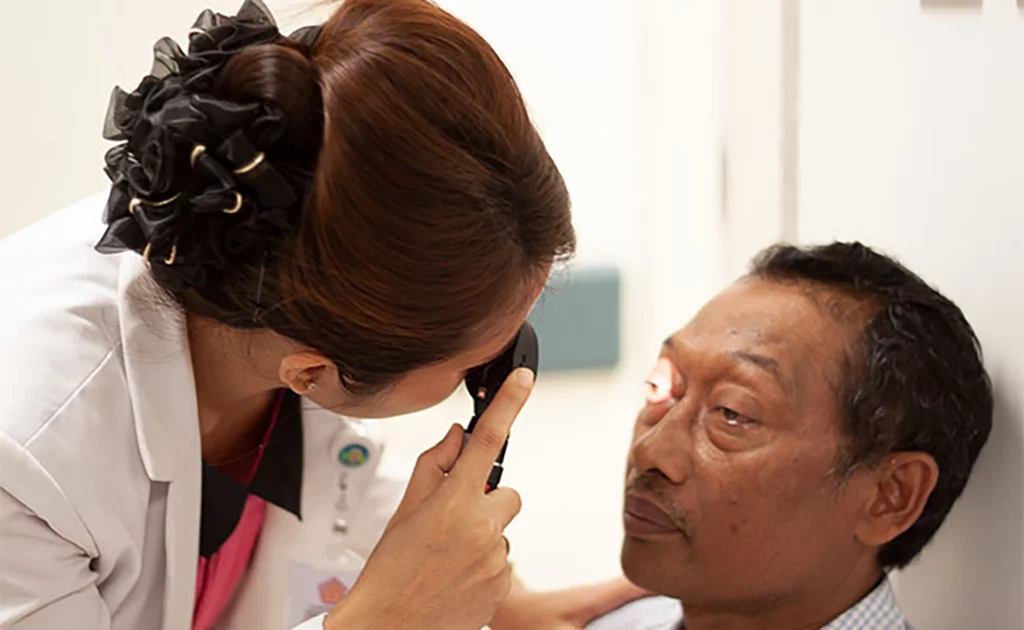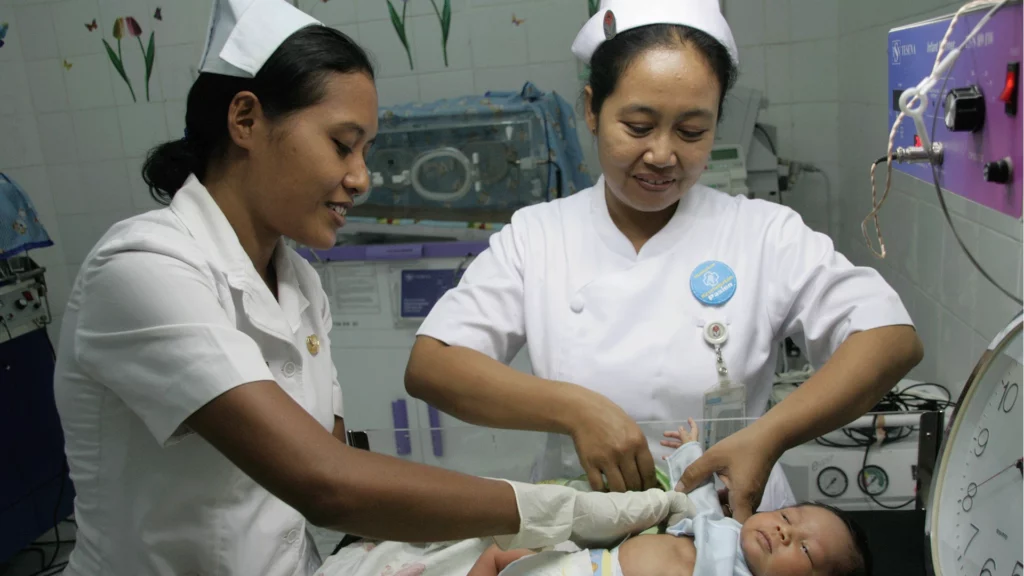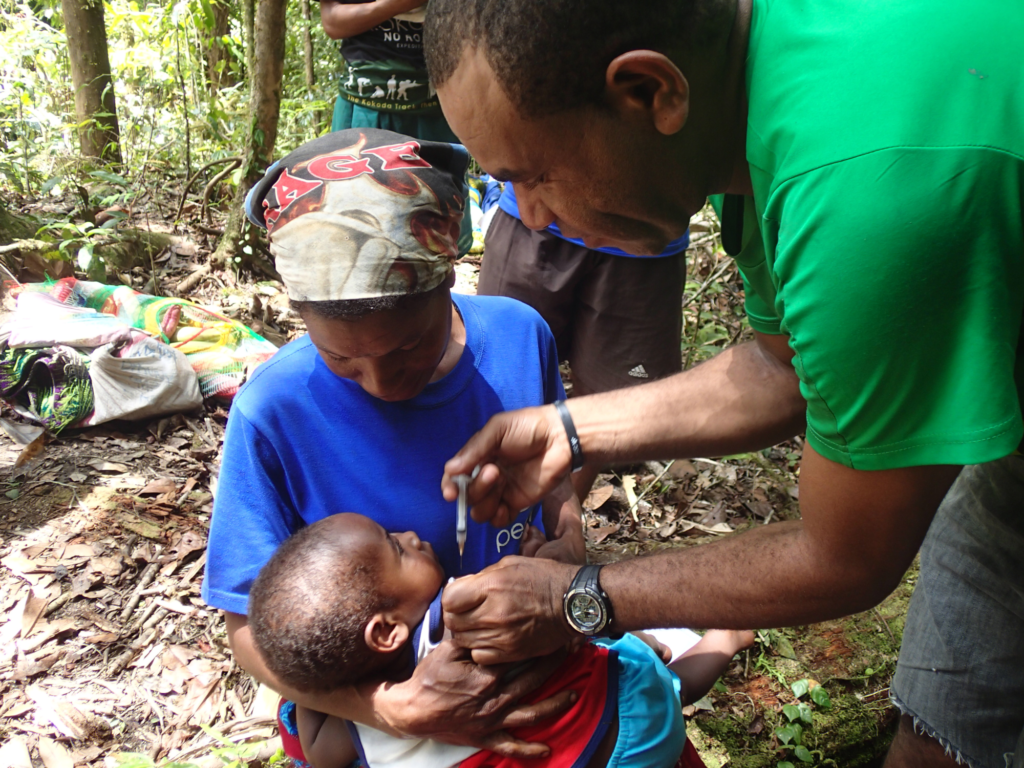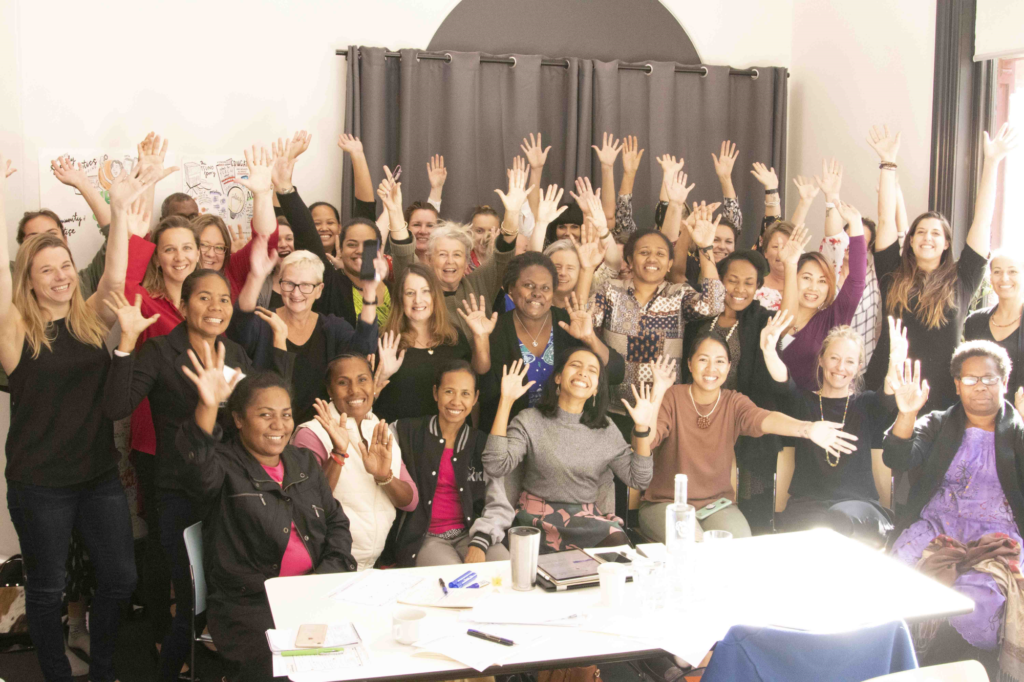Sustainable Development Goals: Good Health and Well-being
Access to quality health care can change lives. Effective health systems increase survival rates, improve quality of life and facilitate greater workforce participation.
Health services that are accessible to all and meet people’s needs play a crucial role in sustainable development (Sustainable Development Goals – learn more). Improving access to quality health care can be achieved in many ways, from training midwives and health workers to creating or expanding successful healthcare programs. Tetra Tech International Development provide support across a range of health care services, including water, sanitation and hygiene (WASH), reproductive health, family planning, HIV/AIDS and immunisation coverage.
Responding to local requirements, we build financial and workforce planning management capabilities into local health service systems. We work with health agencies to build the skills of their professionals to ensure they are better equipped to deal with the daily issues experienced in their communities.
To ensure health services are delivering benefits to where they’re needed most, we also work with local agencies to develop governance and anti-corruption frameworks for the effective management of national, local and donor health resources.
Water, sanitation and hygiene (WASH)
Addressing both the demand and supply sides of providing safe water and sanitation has enormous benefits to environmental health and quality of life. Our work in this area has included improving water and sanitation infrastructure, civil society engagement, grants management, community education, communication campaigns, institutional strengthening, policy development, and monitoring and evaluation.
Incorporating a gender-inclusive approach has become a model for programming. In the Philippines, our work assisted a national sanitation program across cities and rural areas to meet environmental health goals. In PNG, our support to improve water and sanitation contributed to changes in food handling, improved hygiene, a drop in common illnesses such as diarrhoea, typhoid and skin infections, and increasing retention rates for girls in school.
Learn more about Tetra Tech’s WASH programs around the world.
Community development
Through the Australian Government’s Fiji Community Development Program, our engagement, training and support of 123 civil society organisations (CSOs) has provided social and economic benefits to more than 304,328 people in rural and remote areas in Fiji. We helped to provide 3,849 people in 29 villages and communities with improved water supply and sanitation systems, and we trained and assisted CSOs in community action planning, water safety planning and climate change awareness. Following Tropical Cyclone Winston in 2016, we dispersed grants to 11 CSO partners providing urgent relief to more than 99,500 people. These grants provided urgent repairs to water and sanitation systems helping 16,080 people and distributed 2,200 women’s dignity packs for women and girls affected by the devastating cyclone.
Tetra Tech is a global leader in developing innovative solutions to increase access to clean drinking water and address the most pressing sanitation and hygiene challenges in the developing world. For more than 30 years, Tetra Tech has been a leading implementer of the U.S. Agency for International Development’s (USAID) WASH portfolio. Through our involvement with past and current flagship global programs—including Water, Sanitation, and Hygiene Partnerships and Learning for Sustainability (WASHPaLS), WASH Finance (WASH-FIN), and the Environmental Health Project (EHP)—we have contributed to improved health outcomes and reduced the incidence of waterborne illness in numerous countries across the globe.
Learn more about Tetra Tech’s health programs around the world.







